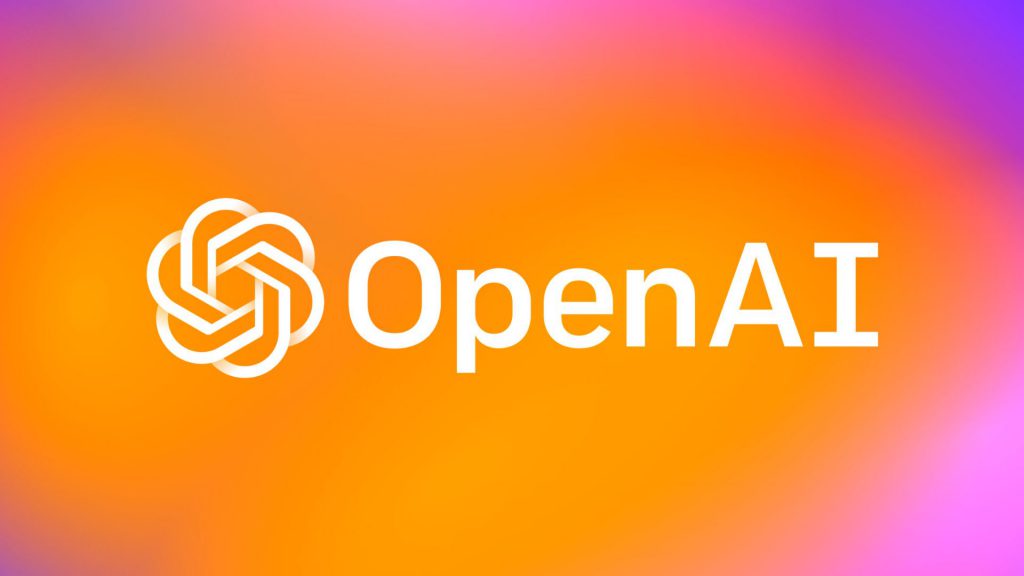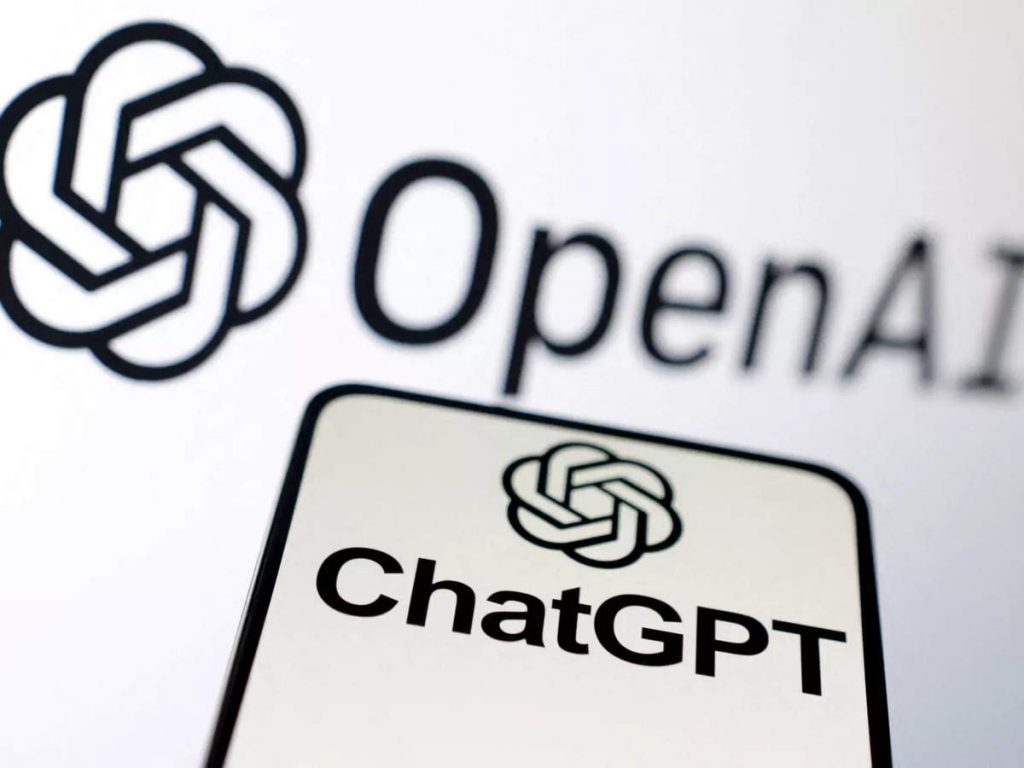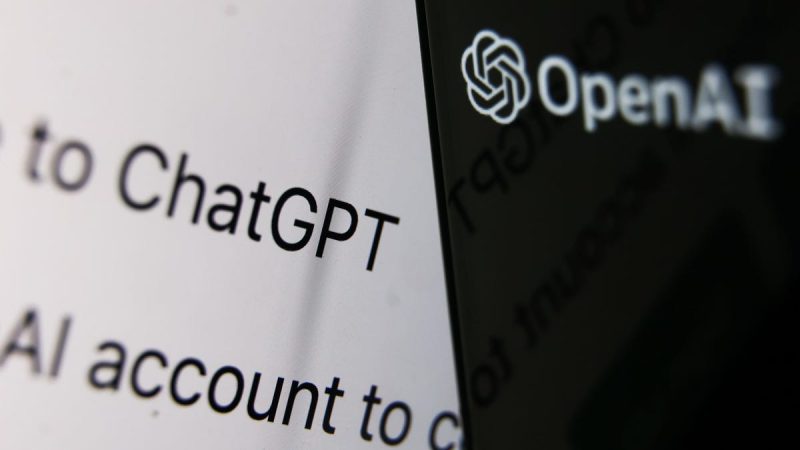The research firm behind the viral chatbot, OpenAI, is planning to answer concerns from Italian authorities that led to a countrywide ban on ChatGPT. Specifically, Reuters reported that the firm will “present measures,” that address the worries that led to data protection authorities in the country banning the generative AI.
Following a place in the spotlight since its arrival, ChatGPT has seen a host of worries arise from users. Moreover, as tech giants like Elon Musk have spoken out against the system. And, with Canada now enacting their own investigation into it, the program may be facing a regulatory response soon.


OpenAI to Answer Italy’s ChatGPT Ban
Since its arrival in November of 2022, ChatGPT has been a fixation of the tech community. Blowing away users with its sophistication and setting off the next evolution of what AI is capable of. Yet, as is the case with all technological advancement, regulation has now dominated the discourse.
Conversely, OpenAI is set to answer concerns from Italian authorities that led to a ChatGPT ban enacted last week. Specifically, Reuters reported that the research firm behind the generative AI system is set to “present measures,” to answer some of the country’s worries.


The ban was set forth by an Italian agency known as Garante. Moreover, they accused the research firm of first “failing to check the age of ChatGPT users,” in the development of their system. Additionally, they have failed to find “any legal basis that justifies the massive collection and storage of personal data,” used to train the GPT language model.
In response, OpenAI stopped access to the generative AI system to Italian users, Reuters reports. Additionally, they have made clear their intentions to continue the development of the system. Conversely, the research firm noted: “the importance of respecting rules aimed at protecting the personal data of Italian and European citizens.”
Alternatively, the firm has promised to operate with greater transparency in regard to user data. Furthermore, promising to verify the ages of the users engaging with their platform. Ultimately, they are sending a document containing measures to respond to the banning Italian authorities have set forth.





